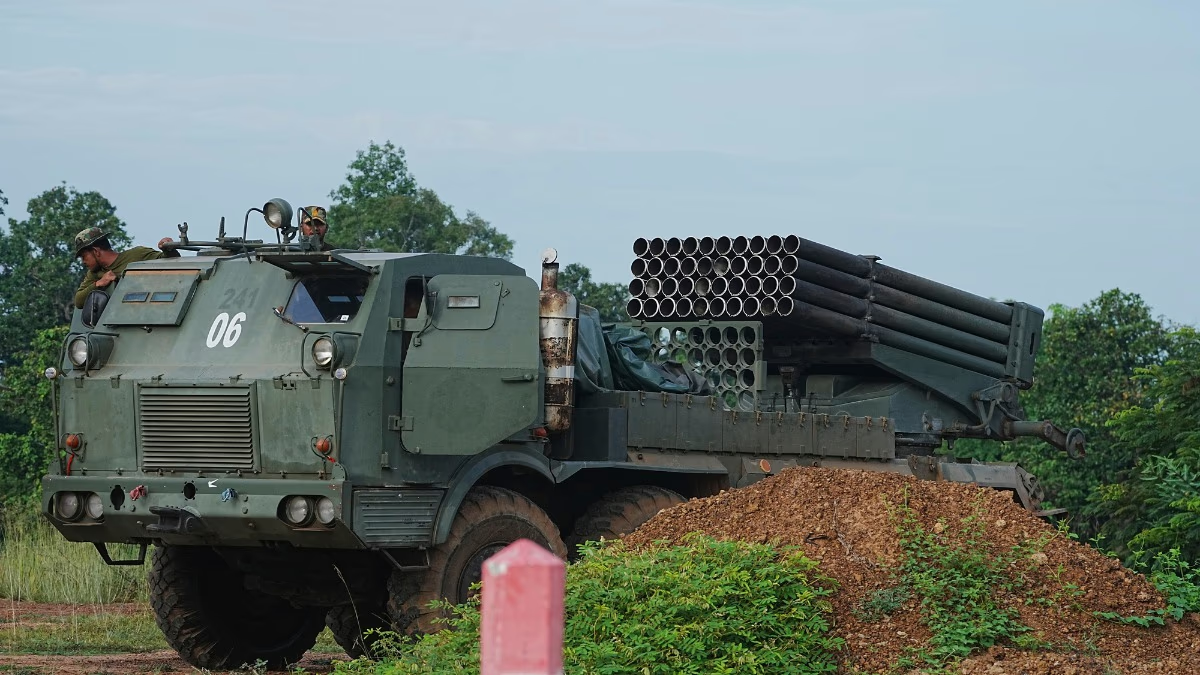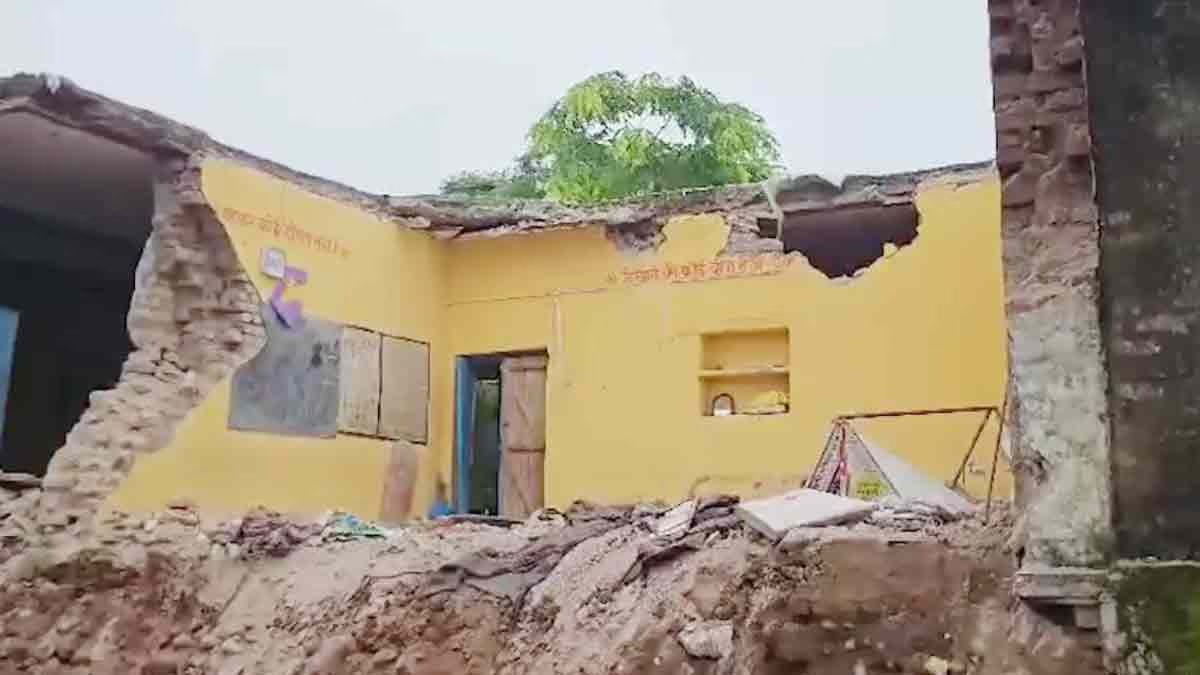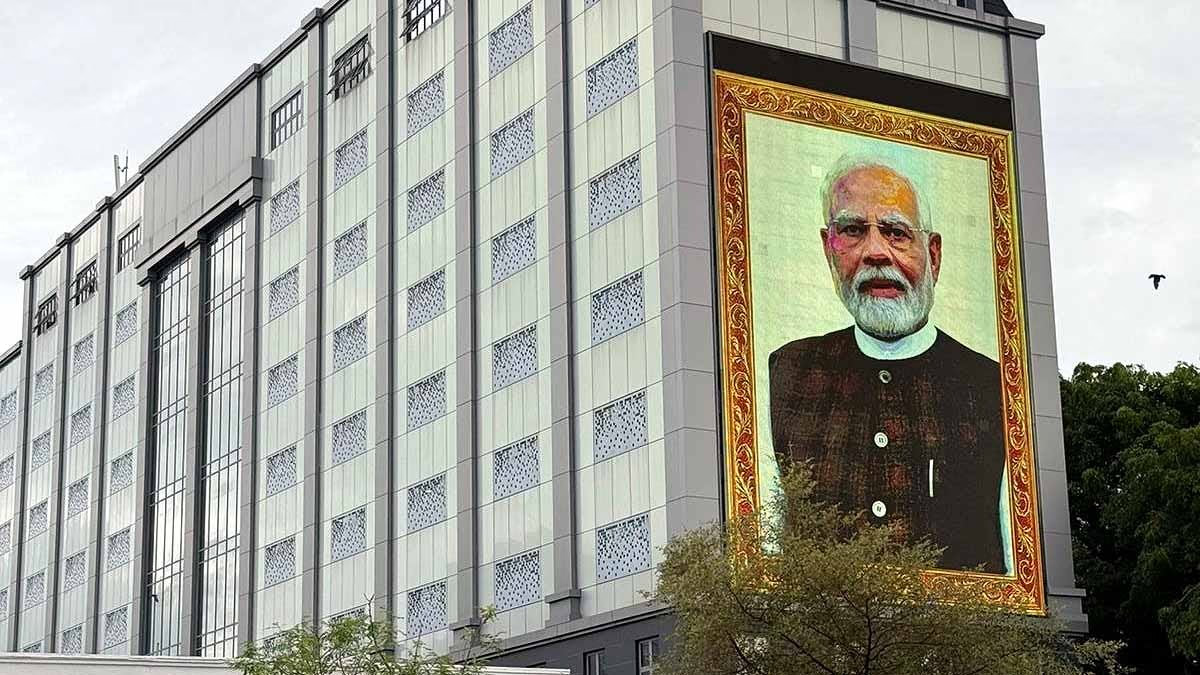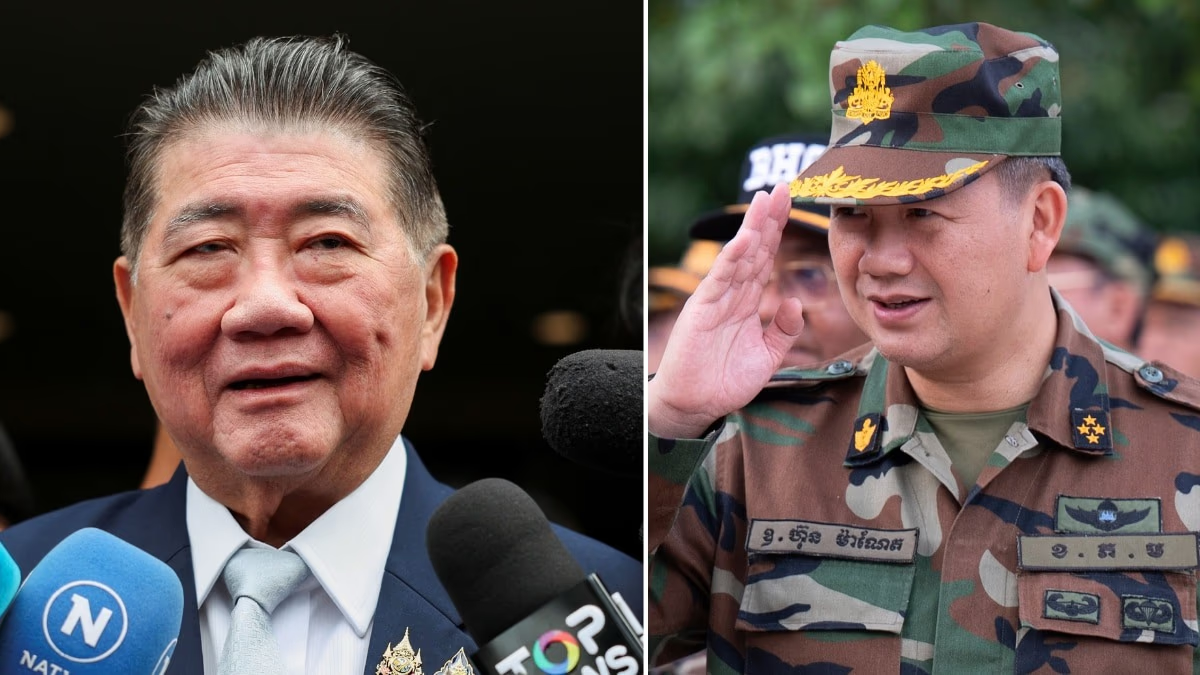The United Nations Security Council is set to convene an emergency meeting today (Friday) concerning the ongoing military conflict between Thailand and Cambodia. This session, requested by Cambodian Prime Minister Hun Manet, will commence at 12:30 AM, as per Indian Standard Time, according to AFP news agency. Meanwhile, a spokesperson for Thailand's Ministry of Foreign Affairs stated that discussing a ceasefire would be premature until Cambodia halts its aggressive actions.
Thailand's Minister of Health reported 12 Thai nationals have perished in this conflict. Both nations have kept their combat aircraft on alert along the border. On Friday, Thai F-16 jets targeted six Cambodian military installations. Due to increasing tension, Thailand has recalled its ambassador from Cambodia.
The Thailand-Cambodia war is intensifying. Cambodia's sudden launch of multiple rockets against Thailand opened another front in the Asian conflict. The border dispute has escalated to the extent that shells, bombs, and ammunition have started exchanging fiercely.
Cambodian military forces using BM-21 'Grad' Multiple Launch Rocket Systems targeted Thai military bases. Both countries have deployed tanks and heavy weaponry amidst the unrest. In this atmosphere, Cambodia has ordered its citizens to flee Thailand immediately.
Rockets launched by the Cambodian army destroyed a petrol station in Thailand’s Surin Province. Another rocket struck the Phnom Dong Rak Hospital, which had already been evacuated.
In reaction to Cambodia's attacks, Thailand launched a series of retaliatory strikes using F-16 fighter jets. Following this incident, Thailand recalled its ambassador from Cambodia, downgrading diplomatic relations as the Thai Ministry of Foreign Affairs lodged a stern protest.
Following the injuries of Thai soldiers from landmines on July 16 and 23, tensions escalated further. The Thai army accused the Cambodian military of recently placing these mines. However, Cambodia denied the allegation, asserting the explosions occurred in an old minefield, already documented in national records.
The Thai army has activated the 'Chakribhumi Plan,' a strategic defense initiative designed to direct military forces in handling potential warfare along the borders.
A historic Shiva temple stands at the center of the military conflict between Thailand and Cambodia. The armies of both countries face off near Preah Vihear Province in Cambodia and Sisaket Province in Thailand. In 1962, the International Court of Justice ruled that the temple belongs to Cambodia, although both countries claim sovereignty over the 4.6 square kilometers surrounding it.
This temple, erected in the 11th century by Khmer emperor Suryavarman in honor of Lord Shiva, still houses a Shiva Lingam and representations of Shiva's gatekeepers. It also hosts an ancient drainage system.
This dispute stems from as far back as 1907 when France, then sovereign over Cambodia, drew a map depicting the temple within Cambodian territory—an inclusion never fully accepted by Thailand. Tensions peaked in 2008 when Cambodia listed the temple as a UNESCO World Heritage Site, a move opposed by Thailand, resulting in numerous skirmishes between 2008-2011, costing many lives.
Nonetheless, the current conflict has reignited a hotbed of dispute. On June 15, the confrontation cost Thai Prime Minister Paitongtarn Shinawatra her position after a leaked phone conversation criticizing the Thai army commander escalated nationwide outrage. While Shinawatra apologized, asserting her comments aimed to resolve the dispute, the damage was done, and the national court removed her from office.
In February, Cambodian soldiers and their families sang their national anthem within the temple, provoking Thai soldiers. This tension further erupted on May 28, 2025, when a Cambodian soldier’s death in a skirmish intensified the mounting strain.
Cambodia lacks combat aircraft, severely limiting its ability to counter Thailand's airstrikes. Should the conflict persist, China's role could prove pivotal given its favorable relationships with both nations, albeit more economically aligned with Thailand.
Faced with imminent threats, border communities begin evacuation amidst Thailand's military actions. Thailand’s government ordered the evacuation of 86 villages near the border, relocating 40,000 people to safety. For both nations, this temple signifies national identity, foreshadowing a protracted resolution.




